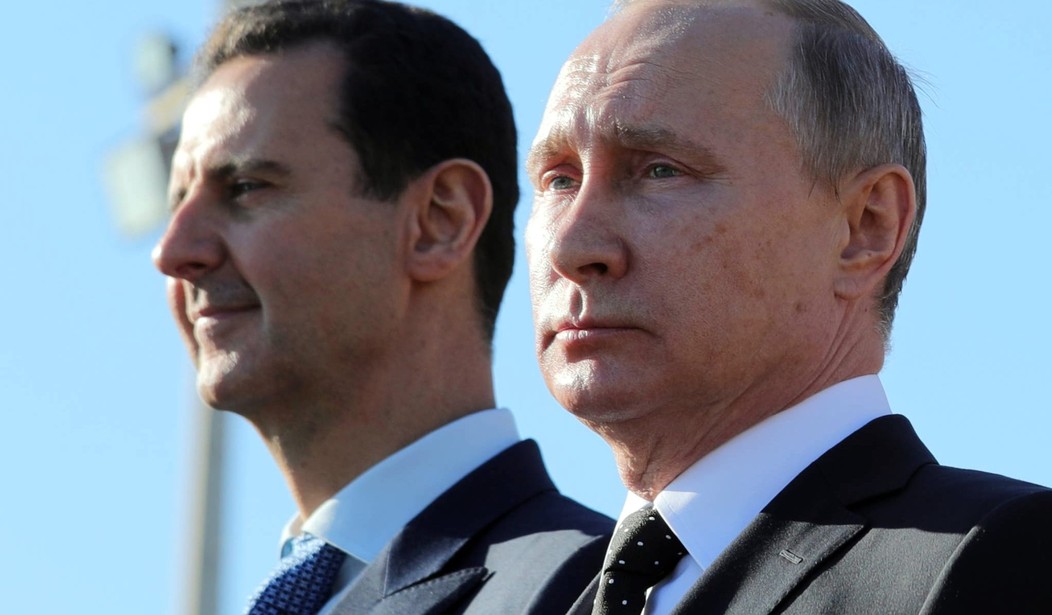Like most of us, I was at first convinced that the Internet would be a great weapon in the fight for freedom. I figured that the wide-open exchange of ideas would turn the world into one big college campus (the way it used to be, not today’s weird 1984-type version). I was even temporarily seduced by Wikipedia and the like, believing that errors would be quickly corrected.
I was right about some things, mind you. When I managed to (virtually) enter the library in Pisa, and look up the anti-fascist pamphlets of the Rosselli brothers, I was thrilled. I wouldn’t have to wait a month to get them on loan! A miracle!
But it seems that most of us, most of the time, dread the Net. I spent quite a few hours trying to eliminate nasty errors from the Wikipedia article about me. It was hopeless, and no matter how many times I corrected it, somebody came along and restored the falsehoods. I decided some would believe it, others wouldn’t, but I didn’t have enough time to play that game. Meanwhile, the Net had its uses and I tried to exploit those.
Reading around the Net today, I am awed by the dramatic reversal of attitude. Compared to those happy early days, most of what I read is fearful and/or angry. As a Russian commentator observed back when, the Internet did indeed threaten tyrants, because it provided internal challengers with information that both exposed the malefactions of the regime and also enabled the opposition to plan their actions. If you talk to Iranian anti-regime activists and ask them what they most need, they will usually reply that they need secure communications with one another, along with access to detailed, reliable reporting on their own country.
However, as that smart Russian commentator observed, the same Internet that threatened the tyrants could also be used to suppress the promised wide-open exchange of facts and ideas. And so it has. The world’s most effective oppressors, those in places like Iran, Russia, North Korea, China and Cuba, have all developed technology to isolate their citizens from the Net, and to inundate their cyberspace with the regime’s own disinformation. No doubt they have helped each other, as free and open communication threatens them all.
The latest example comes from Putin. The Russians have announced a plan to “disconnect the country from the internet,” in furtherance of a proposed law introduced last December. All Russian providers would ensure that Roskomnazor, the national cyberspace censor, has full control over communications.
In addition, Russian telecom firms would also have to install “technical means” to re-route all Russian internet traffic to exchange points approved or managed by Roskomnazor, Russia’s telecom watchdog.
Roskomnazor will inspect the traffic to block prohibited content and make sure traffic between Russian users stays inside the country, and is not re-routed uselessly through servers abroad, where it could be intercepted.
At the same time, the tyrants have made great progress penetrating our cyberspace. The Iranians have created an entire operation in Canada—the Iran Poll—designed to send a false picture of Iranian public opinion throughout North America. And the mullahs are notorious for hacking American web sites. Monica Witt, the Air Force counterintelligence officer just indicted for enabling the Iranians to surreptitiously spy on our own covert operations in their country, allegedly taught them how to do it. The Russians are also hyperactive in our cyberspace, as years of BREAKING news will testify, sometimes accurately, sometimes not so much.
All that is part of the ongoing war against America, but that’s only a part of what disturbs us, what has changed our feelings about the Internet. Our current upset has more to do with the spying on us by our own government, and by our own corporations. We unaccountably continue to cherish privacy, even though there hasn’t been any for a long time. Some of us have not assimilated the unpleasant fact that our emails, even those we believe to have been “encrypted,” are public documents, available to anyone with the requisite skills to read them. And there are lots of people with the requisite skills, ranging from broadcasters to blackmailers. Is there a remedy? I don’t think so. I think we simply need to shut up, until the day comes when a tough-minded judge slaps the snoopers with hefty fines and maybe even prison time.
It doesn’t seem to me that that day will come very soon. It seems instead that freedom of speech protects the bad guys along with the good, and it is up to us to protect ourselves as best we can.
Meanwhile, we must use the Internet as the weapon it has always been, and count on the bad guys’ entirely justified fear of it. They’ve got more to fear than we do.









Join the conversation as a VIP Member